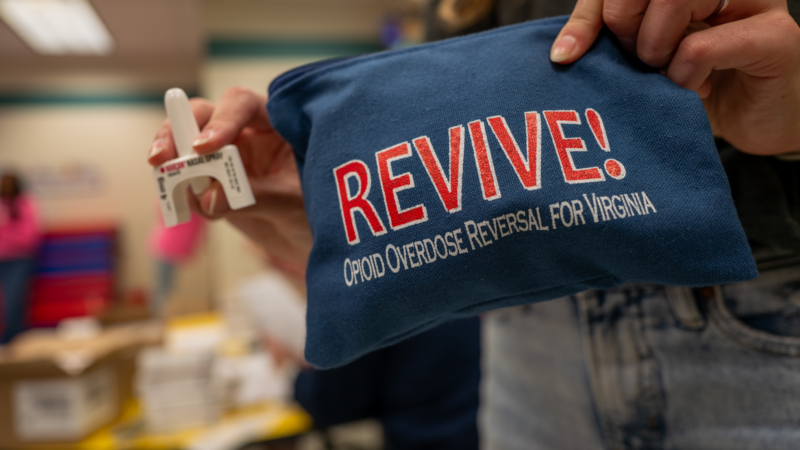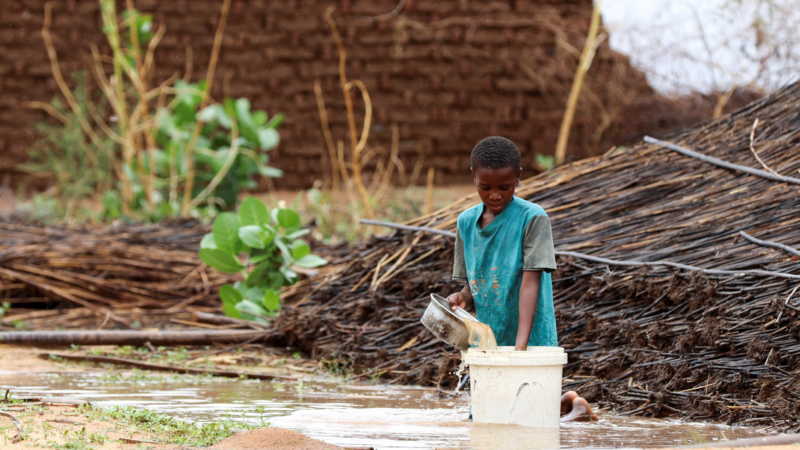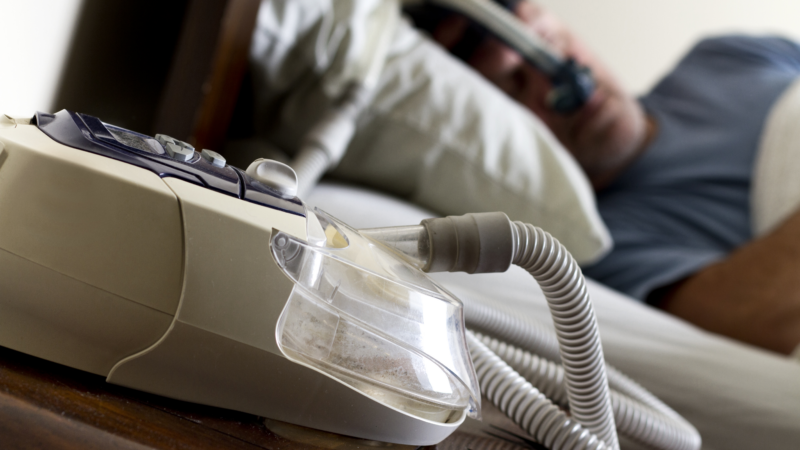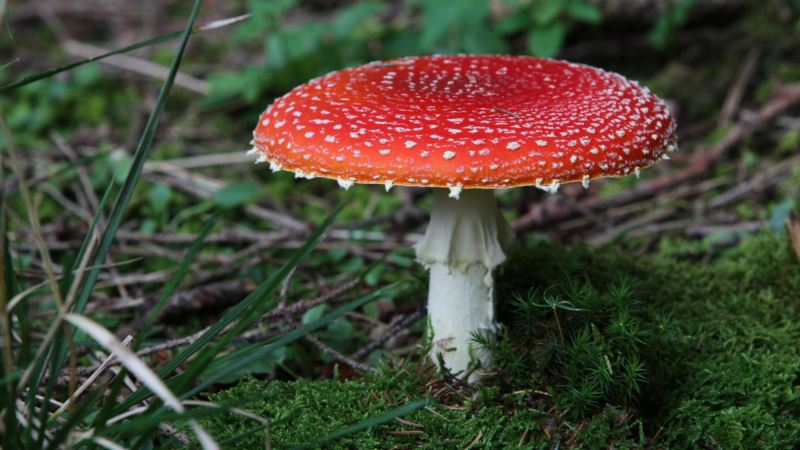‘Historic’ drop in U.S. overdose deaths accelerates as fentanyl crisis eases
Street drug deaths in the U.S. are dropping at the fastest rate ever seen, according to a new report issued on Thursday by the Centers for Disease Control and Prevention.
Preliminary data shows roughly 97,000 fatal overdoses over a 12-month period. That’s down roughly 14.5% from a year earlier. Public health officials say the drop translates into more than 16,000 lives saved and marks the lowest level of drug deaths in nearly four years.
“The latest data show that our efforts are working,” said Dr. Rahul Gupta, head of the White House Office of National Drug Control Policy. “Every life saved means one less grieving family and community.”
In September, addiction experts around the U.S. began to report a sudden and apparently precipitous decline in fatal overdoses. Prior to 2023, drug deaths had spiraled upward, climbing at times by more than 30% per year. Deaths peaked at more than 111,000 in 2022, then declined slightly last year.
Experts are now racing to understand why the trend shifted so rapidly.
Some credit better addiction healthcare and the widespread use of the opioid overdose reversal drug naloxone. Researchers also point to less potent fentanyl being sold on the streets in some U.S. communities. High death rates in recent years may also mean fewer vulnerable people living with addiction.
Whatever the cause, the latest CDC data — which covers the 12-month period ending in June of this year — suggests the reduction in fatal overdoses is holding steady and may actually be accelerating.
Some experts, however, worry the decline in drug deaths will mean lessened focus on funding and health care programs for people using street drugs.
“One of the fears is that, as overdoses decline, there will be complacency,” said Dr. Brian Hurley, head of the American Society of Addiction Medicine. “One of our messages is making sure there’s a sustained focus.”
Public health officials also point out that improvements in drug overdose deaths over the last year have largely benefited white communities. Some Black and Native American communities have actually seen drug overdose deaths rise.
Speaking with NPR in September, Gupta called for more funding for addiction treatment and health care services in those communities. “There is no way we’re going to beat this epidemic by not focusing on communities that are often marginalized, underserved, and communities of color,” he said.
Sudan’s biggest refugee camp was already struck with famine. Now it’s being shelled
The siege, blamed on the Rapid Support Forces, has sparked a new humanitarian catastrophe and marks an alarming turning point in the Darfur region, already overrun by violence.
FDA approves weight loss drug Zepbound to treat obstructive sleep apnea
The FDA said studies have shown that by aiding weight loss, Zepbound improves sleep apnea symptoms in some patients.
Netflix is dreaming of a glitch-free Christmas with 2 major NFL games set
It comes weeks after Netflix's attempt to broadcast live boxing between Jake Paul and Mike Tyson was rife with technical glitches.
Opinion: The Pope wants priests to lighten up
A reflection on the comedy stylings of Pope Francis, who is telling priests to lighten up and not be so dour.
The FDA restricts a psychoactive mushroom used in some edibles
The Food and Drug Administration has told food manufacturers the psychoactive mushroom Amanita muscaria isn't authorized for food, including edibles, because it doesn't meet safety standards.
The jury’s in: You won’t miss anything watching this movie from the couch
There's been a bit of consternation flying around about the fact that the theatrical release of Juror #2, directed by Clint Eastwood, was very muted. But this movie is perfect to watch at home.







